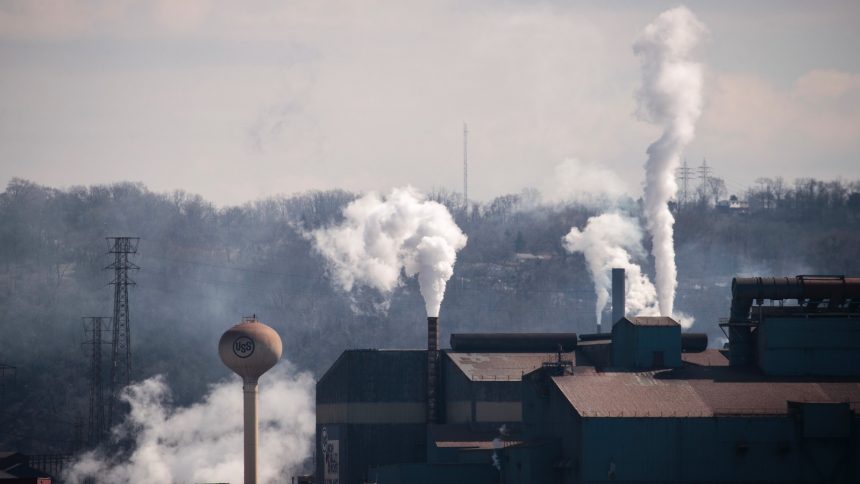The fossil fuel industry has its hands in just about everything, from coalfields and oilfields to factories and power plants emitting smoke. Decarbonizing the economy will have far-reaching impacts beyond miners and drillers – it will affect industries employing hundreds of thousands of workers who may need help transitioning to a post-carbon world. President Biden’s Inflation Reduction Act aims to provide tax incentives and grants to communities heavily reliant on fossil fuel extraction. However, a new metric called “employment carbon footprint” developed at MIT suggests many areas are being overlooked for assistance. Even sectors not directly involved in extraction, such as manufacturing, have deep ties to fossil fuels and may suffer during decarbonization. The just transition concept advocates for new investment and training for communities facing economic disruption from environmentally harmful industries. Despite efforts like the IRA targeting energy communities, many regions heavily dependent on fossil fuels are missing out on support. Expanded definitions and additional programs may be necessary to ensure workers are not left behind in the shift to a low-carbon economy.






